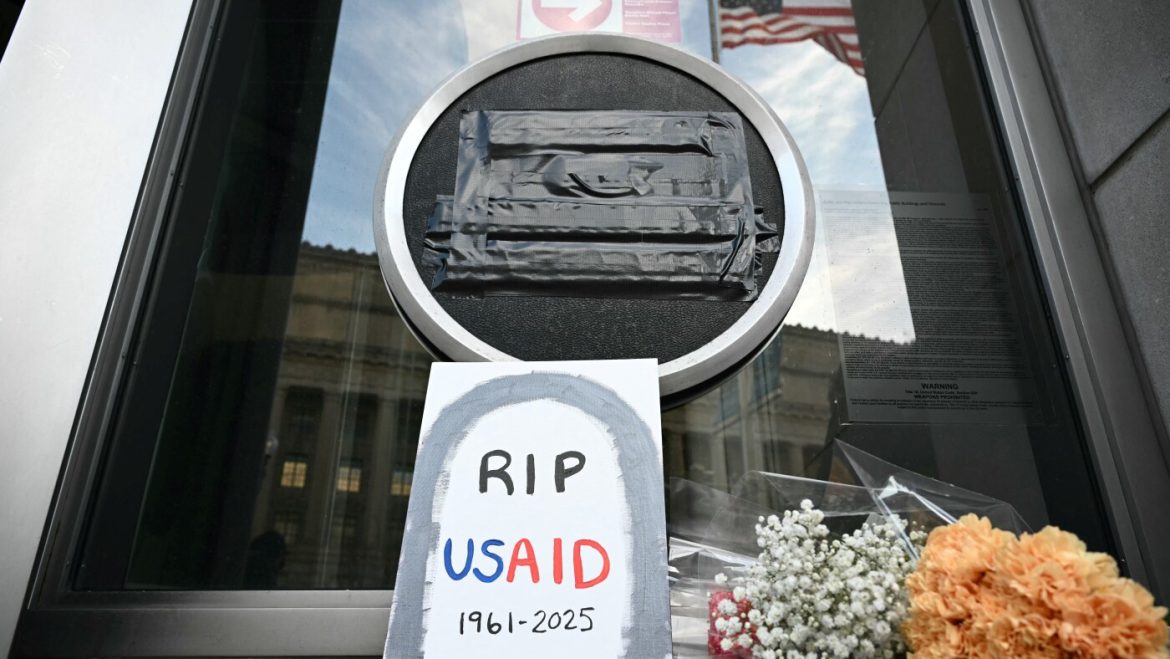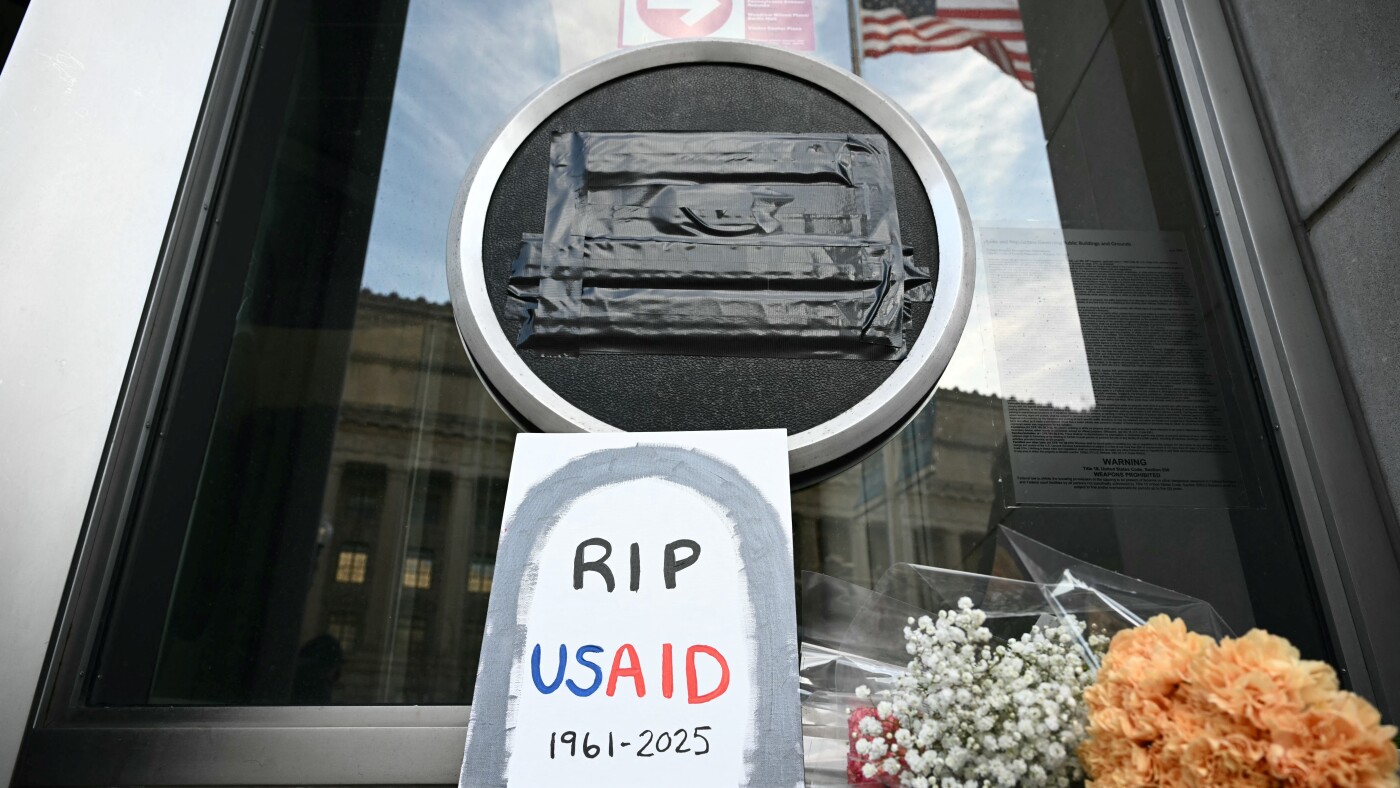The dissolution of the United States Agency for International Development (USAID) under the Trump administration marked a significant shift in American foreign policy, with far-reaching implications for global health, humanitarian aid, and international development. Established in 1961, USAID had long been a cornerstone of U.S. efforts to promote stability, economic growth, and democratic governance worldwide. However, the Trump administration’s skepticism toward foreign aid led to a systematic dismantling of the agency, with consequences that continue to resonate across the globe.
A Legacy of Aid and Development
USAID’s mission was multifaceted, encompassing global health initiatives, economic development, humanitarian assistance, and the promotion of democratic institutions. The agency operated in over 100 countries, partnering with local governments, NGOs, and international organizations to achieve its goals. Key areas of focus included:
– Global Health: USAID played a pivotal role in combating diseases such as HIV/AIDS, malaria, and tuberculosis. Programs like the President’s Emergency Plan for AIDS Relief (PEPFAR) and the Global Fund to Fight AIDS, Tuberculosis and Malaria saved millions of lives. The agency also strengthened healthcare systems in developing countries, ensuring sustainable progress in public health.
– Economic Growth: USAID invested in agriculture, infrastructure, and education to foster sustainable development. These efforts helped reduce poverty and promote economic stability in regions prone to conflict and instability.
– Humanitarian Assistance: The agency provided critical aid to victims of natural disasters and conflicts, offering lifesaving support to refugees and displaced populations. USAID’s rapid response capabilities were instrumental in mitigating the impact of crises.
– Democratic Governance: USAID supported civil society organizations, independent media, and democratic institutions, promoting good governance and the rule of law. This work was particularly important in countries transitioning to democracy, where USAID’s expertise helped lay the foundation for stable and accountable governments.
The Trump Administration’s Skepticism Towards Foreign Aid
The Trump administration’s approach to foreign aid was rooted in a broader “America First” philosophy, which prioritized national interests over multilateral cooperation. President Trump and his administration viewed foreign aid as wasteful and ineffective, arguing that funds could be better allocated to domestic priorities. Key arguments against USAID included:
– Financial Burden: Critics within the administration contended that USAID’s budget was excessive, particularly in comparison to other developed nations. They argued that the U.S. was spending too much on foreign aid without sufficient returns.
– Inefficiency: Concerns were raised about the effectiveness of USAID programs, with some questioning whether aid was reaching those who needed it most. The administration sought to ensure that foreign aid was directly tied to U.S. strategic interests.
– National Interest: The Trump administration believed that foreign aid should serve U.S. diplomatic and security objectives, rather than being driven by humanitarian considerations. This perspective led to a reevaluation of USAID’s role and priorities.
The Dismantling Process: A Timeline of Key Events
The dissolution of USAID was a gradual process that unfolded over several years. Key events included:
– Budget Cuts: The Trump administration proposed significant cuts to USAID’s budget in each of its annual budget requests. While Congress often restored some of the funding, the agency still faced substantial reductions, limiting its ability to carry out its mission.
– Staff Reductions: As a result of budget cuts and restructuring efforts, USAID experienced a decline in staffing levels. Many experienced professionals left the agency, leading to a loss of institutional knowledge and expertise.
– Program Cancellations: Numerous USAID programs were canceled or scaled back, particularly in areas such as climate change, reproductive health, and support for civil society organizations. These cuts undermined the agency’s ability to address critical global challenges.
– Absorption into the State Department: The Trump administration sought to integrate USAID more closely with the State Department, aiming to streamline foreign policy decision-making. While not a complete merger, this move weakened USAID’s independent authority and reduced its ability to operate effectively.
– Appointment of Political Appointees: The administration appointed individuals with limited experience in development to key leadership positions within USAID. This raised concerns about the agency’s ability to implement its programs effectively and maintain its reputation as a reliable development partner.
The Consequences of a Diminished USAID
The dismantling of USAID has had far-reaching consequences, impacting various aspects of international development and global affairs.
Global Health
USAID’s role in global health initiatives has been significantly weakened. The agency’s support for programs like PEPFAR and the Global Fund to Fight AIDS, Tuberculosis and Malaria has saved millions of lives. However, cuts to USAID’s health programs have jeopardized these gains, potentially leading to resurgences of diseases and increased mortality rates. The absence of USAID’s expertise and resources has left many developing countries struggling to maintain progress in public health.
Humanitarian Assistance
USAID’s ability to provide humanitarian assistance to victims of natural disasters and conflicts has been compromised. The agency’s rapid response capabilities were crucial in mitigating the impact of crises, but budget cuts and staff reductions have limited its ability to deliver aid effectively. Vulnerable populations, including refugees and displaced individuals, are now at greater risk due to the diminished role of USAID.
Economic Development
USAID’s investments in economic development have helped reduce poverty and promote sustainable growth in developing countries. The scaling back of these programs could hinder progress towards achieving the Sustainable Development Goals (SDGs) and exacerbate economic inequality. Without USAID’s support, many countries may struggle to build resilient economies and achieve long-term stability.
Democratic Governance
USAID has been a strong advocate for democratic governance and human rights around the world. The agency’s support for civil society organizations and independent media has been crucial in promoting accountability and transparency. The weakening of USAID could embolden authoritarian regimes and undermine democratic transitions, leading to greater instability in regions already prone to conflict.
Reactions to the Dissolution
The dismantling of USAID drew criticism from a wide range of sources, including former presidents, international organizations, and development experts.
– Bipartisan Opposition: Former Presidents Barack Obama and George W. Bush publicly criticized the Trump administration’s actions, emphasizing the importance of USAID’s work and the potential consequences of its demise. They argued that the agency’s efforts were essential to promoting U.S. interests and global stability.
– Concerns from the Development Community: Numerous NGOs and development organizations expressed alarm at the cuts to USAID’s budget and the agency’s diminished role. They warned that these actions would undermine global development efforts and harm vulnerable populations, particularly in regions facing crises.
– International Condemnation: Some foreign governments and international organizations also voiced concerns about the dismantling of USAID, fearing that it would weaken international cooperation and undermine efforts to address global challenges. The absence of USAID’s leadership in development efforts has left a void that other countries and organizations have struggled to fill.
A Colossal Mistake?
The dismantling of USAID under the Trump administration represents a significant shift in American foreign policy. While the administration argued that these actions were necessary to reduce wasteful spending and prioritize U.S. interests, critics contend that they have undermined global development efforts, jeopardized public health, and weakened America’s standing in the world.
The long-term consequences of this decision remain to be seen. However, it is clear that the absence of a strong and independent USAID will be felt by countless individuals and communities around the world. Whether future administrations will seek to rebuild the agency and restore its former prominence remains an open question. The legacy of this dismantling will undoubtedly shape the future of American foreign aid and its role in addressing global challenges. As the world continues to grapple with crises such as pandemics, climate change, and conflict, the need for effective and coordinated international development efforts has never been greater. The dissolution of USAID serves as a stark reminder of the importance of sustained investment in global development and the consequences of prioritizing short-term gains over long-term stability.


